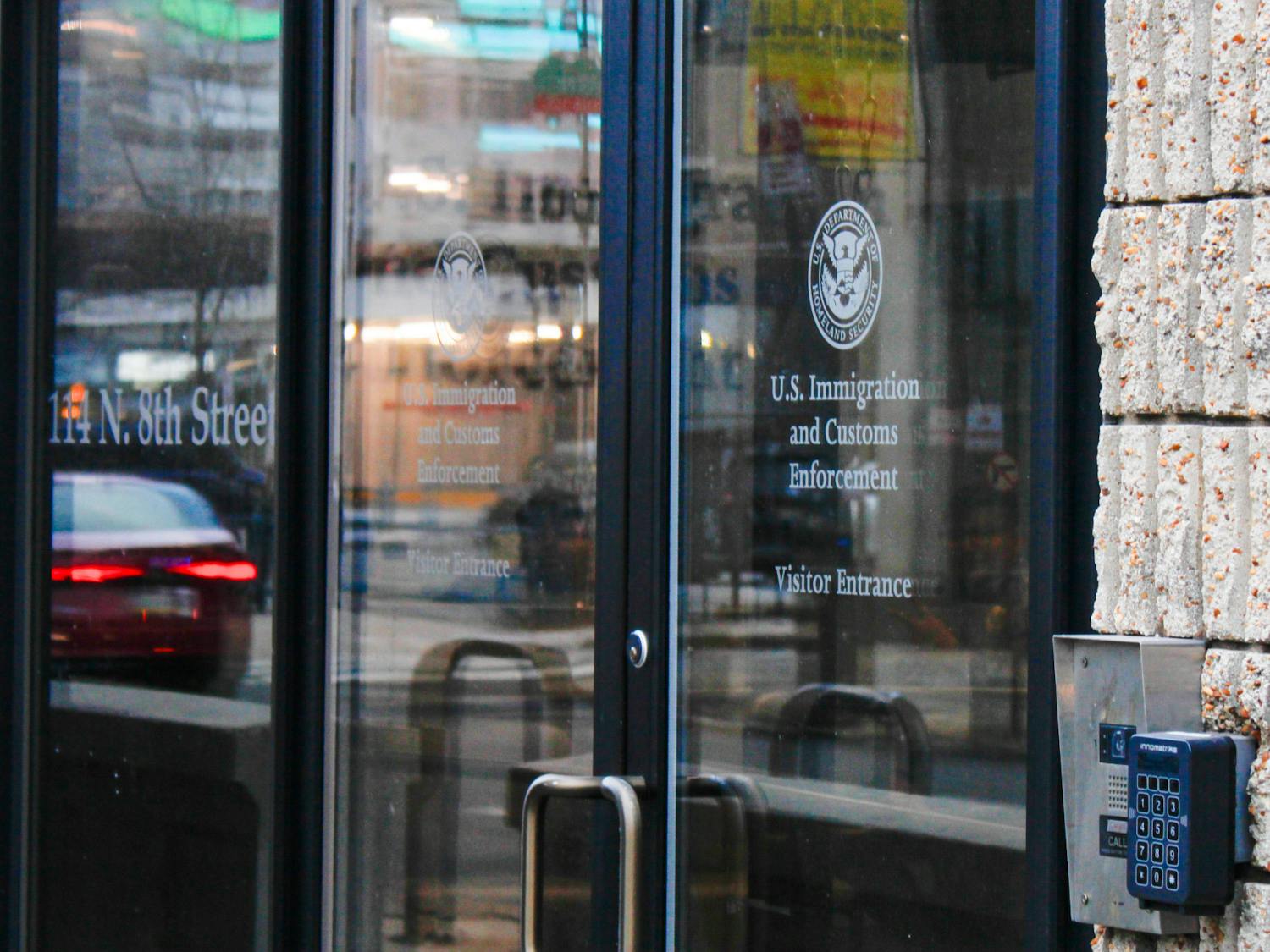A supermajority of undergraduate and graduate resident advisors filed to unionize on March 14. The move from the group of RAs, collectively called the United RAs at Penn, comes after months of organizing and a wave of unionization efforts that have been sweeping the nation, Philadelphia, and the Penn community in recent years.
As this unionization process continues and the campaign approaches an official vote, we urge Penn to remain neutral. The University must allow student workers to make well-informed choices for themselves and allow the union to come to a vote.
With over 47,000 total employees and an endowment of $20.7 billion, Penn is one of the largest and most powerful institutions in the state — and they’ve leveraged this power against unionization campaigns in the past. When Penn Museum workers announced their intent to unionize in 2021, staff alleged that the Museum inundated them with misleading anti-union propaganda through flyers, emails, videos, and captive audience meetings. In 2018, after two years of campaigning for unionization, the graduate student group GET-UP withdrew its campaign to represent grad students on campus after Penn lawyers attempted to argue that student workers are not legally workers.
In the summer of 2020, in the midst of the COVID-19 pandemic, RAs and GAs organized around unsafe working conditions and a lack of communication regarding the position, among other things. When they approached College House and Penn leadership with proposals for a better contract, RAs allege that they were dismissed by administration.
Union-busting is a common tactic employed by institutions and companies which often hire elite, expensive law firms to spread misleading or false information to discourage their employees from voting for the union. Distributed information is often seemingly innocuous, disguised as factual guides and an encouragement from the employer for their employees to learn more about unions. According to a National Labor Relations Board case report, Penn hired three lawyers in mid-March associated with an employer-side labor firm that provides services to “avoid unionization through positive employee relations.”
Union-busting can also come in the form of legal battles and intentional delays to the electoral process. This March, Duke University intends to argue in court that graduate student workers are not legally employees under the National Labor Relations Act in order to delay a union election from taking place.
Union-busting can come in many shapes and colors, but one thing is clear: It is a blatant attempt to undermine the democratic process and workers’ federally protected rights to organize. Anti-union campaigns impede a worker’s ability to properly learn what unionization is and violates workers’ rights to a free and fair election.
We urge Penn to break from this past trend and not take advantage of the clear power imbalance existing between a powerful university and a relatively small group of students. Allow the RAs and GAs to decide for themselves if they want to unionize. They have a right to an election without unnecessary delay and in an environment free of interference.
SEE MORE FROM THE DAILY PENNSYLVANIAN EDITORIAL BOARD:
Editorial | A Message to Penn Administration Regarding Turkey and Syria
In her message to the University announcing her vision for the “Tomorrow, Together” campaign, President Liz Magill asked: “What does the world need from Penn? How do we cultivate a community that will rise to that challenge?”
The answer? We need a university that respects the contributions of its workers to campus life and a university that respects democracy and the will of its students.
Penn prides itself on Ben Franklin’s vision of establishing the University as a “revolutionary institution of higher learning.” His dream has, in part, come true. Penn’s students, faculty, and alumni are some of the brightest minds and are constantly striving to make the University better for all. But Penn needs to recognize that sometimes, this change comes from within and not from above.
President Magill is right in saying that Penn’s next few decades hold unbounded potential, and the recent announcement from the RAs is only a glimpse into that. Penn’s response to this campaign will set a precedent for what kind of university Penn wants to be. Is it an institution that is willing to spend thousands upon thousands fighting its own students? Or is it a university dedicated to positive change, democracy, and creating a healthy, collaborative learning environment?
Penn’s immediate response won’t just affect RAs and GAs. Many of us on this campus are not just students, but workers, too. Whether that’s working in a lab, a library, or a college house, we are integral to the functioning and thriving of this University. We all deserve to have a voice in our workplace, and we all deserve to be supported by the University. When student workers are respected, the entire campus benefits.
We urge Penn to set a precedent that we, the students, can be proud of. Remain entirely neutral and allow the RA union election to take place. Allow your students to be the self-driven, resourceful, and deeply engaged people you so often pride us on being, and let these RAs come to their own decision about the union. If Penn is planning for “tomorrow, together,” they cannot leave their students behind.
The Daily Pennsylvanian stands with our fellow students. Penn, we hope you do as well.
Editorials represent the majority view of members of The Daily Pennsylvanian, Inc. Editorial Board, which meets regularly to discuss issues relevant to Penn's campus. Participants in these meetings are not involved in the reporting of articles on related topics.
SEE MORE FROM THE DAILY PENNSYLVANIAN EDITORIAL BOARD:
Editorial | A Message to Penn Administration Regarding Turkey and Syria









